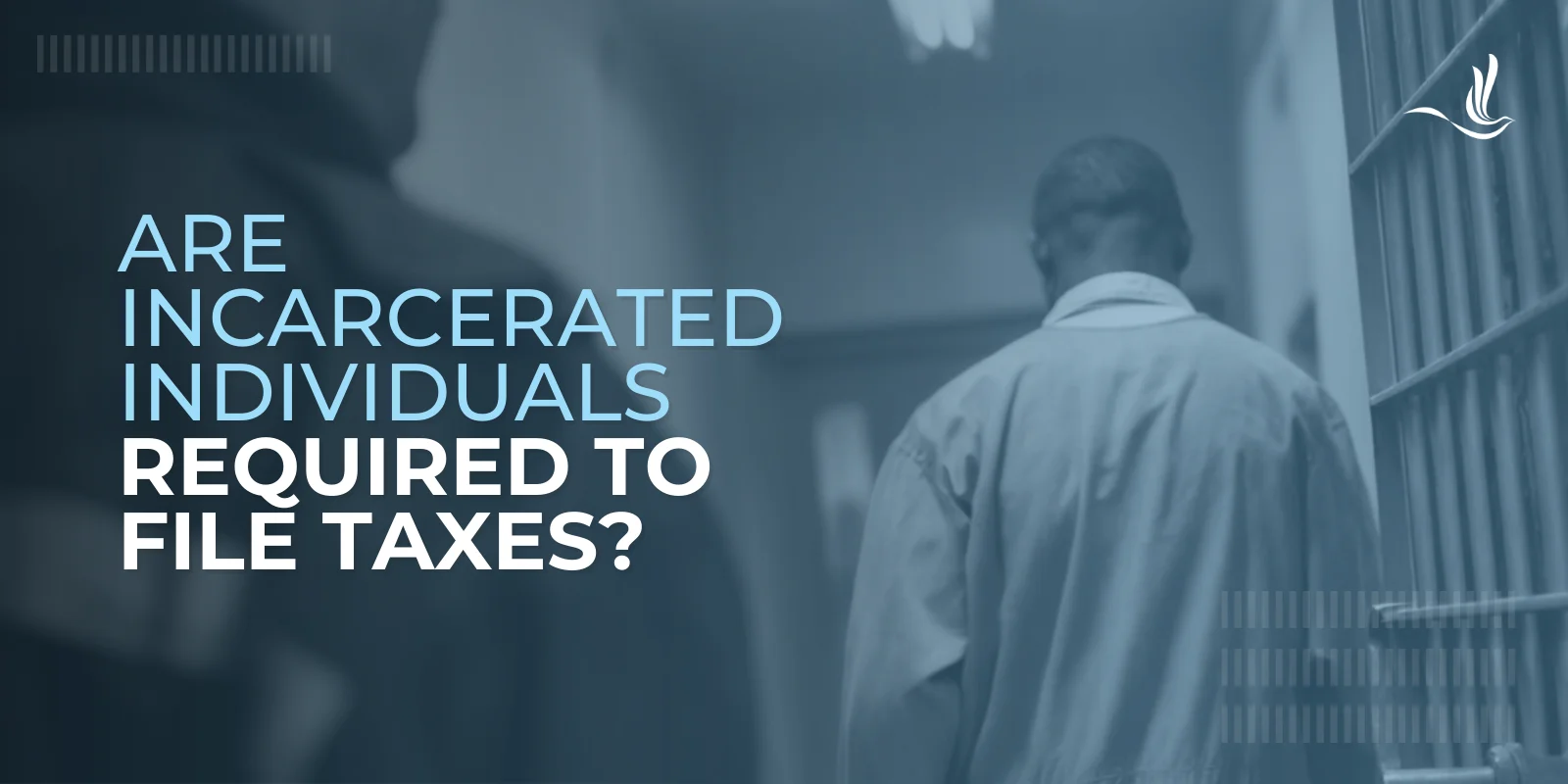The IRS has a number of tools it can use to collect unpaid taxes. This includes liens and levies, offsetting refunds, and, since 2015, requesting that the State Department deny or revoke a taxpayer’s passport.
But what happens when a tax debt is old and seemingly beyond the collection statute of limitations? Can the IRS still certify it as “seriously delinquent” for passport purposes? What if the IRS previously obtained a default judgment against the taxpayer for tax debts for older years? Would that change the answer?
The recent Garcia v. Commissioner, 164 T.C. 8 (2025) case gets into these issues. It considers when tax debts remain “legally enforceable” for passport certification purposes, which, in turn, helps clarify how taxpayers can challenge improper certifications.
Facts & Procedural History
The taxpayer in this case accumulated over $100,000 in unpaid federal tax liabilities for the 2007 and 2010 tax periods.
As part of its IRS tax Collection efforts, the IRS filed Notices of Federal Tax Lien and sent notices of these filings to the taxpayer’s last known address. The IRS also sent Notices of Intent to Levy to the taxpayer in 2008 and in 2010.
The taxpayer requested a Collection Due Process hearing for one of the lien notices. He did not request hearings for any of the levy notices, and the time for requesting hearings on the other lien notices had expired by 2022.
In 2014, the IRS filed suit in the U.S. District Court to reduce the tax liabilities to judgment. The district court entered a default judgment against the taxpayer in late 2014. Without this judgment, the 10-year collection statute would have expired between 2017 and 2020 for most of his liabilities. The judgment probably extended the statute for another ten years.
Eight years after obtaining the judgment, in 2022, the IRS certified to the Secretary of State that the taxpayer had a “seriously delinquent tax debt” under Section 7345 of the tax code.
The taxpayer filed a petition with the U.S. Tax Court challenging the certification. He claimed that he was never served in the district court action, making the default judgment void and, since the statute had ran, his tax debt no longer legally enforceable.
What Is Section 7345 of the Tax Code?
Section 7345 was added to the tax code as part of the Fixing America’s Surface Transportation Act (“FAST Act”) in 2015. This law created a new process for the IRS to “encourage” tax compliance by limiting a delinquent taxpayer’s ability to travel internationally.
Under this section, if the IRS certifies that a taxpayer has a “seriously delinquent tax debt,” the Secretary of State may deny, revoke, or limit that taxpayer’s passport. The taxpayer can challenge this certification by filing a petition in either the Tax Court or a federal district court.
The tax court’s powers are limited in these proceedings. The tax court’s role in these cases is specifically limited to determining whether the certification was erroneous or whether the IRS has failed to reverse it when required. Thus, the court cannot address the underlying tax liability or grant any relief beyond ordering the IRS to notify the State Department that the certification was erroneous.
Readers of this site may well know that these types of compartmentalized court remedies are usually problematic, as they allow taxpayers to get one part of what they are seeking–but then deny full releif–even though all of the facts, etc. necessary for getting the full remedy are squarely before the court to get the first part of the relief.
What Qualifies as a “Seriously Delinquent Tax Debt”?
This leads to the question as to what qualifies as a “seriously delinquent tax debt.” For a tax debt to be considered “seriously delinquent” under Section 7345(b), it must meet several specific criteria.
First, it must be an “unpaid, legally enforceable Federal tax liability of an individual.” This language is important because a tax debt that is no longer legally enforceable—for example, because the collection statute of limitations has expired—cannot be certified as seriously delinquent.
Second, the debt must have been assessed by the IRS. Assessment is the formal recording of a tax liability in the IRS’s records. So basically the IRS computer has to reflect the balance as being a balance that is due.
Third, the debt must exceed a certain threshold amount, which was $50,000 when the law was enacted but is adjusted annually for inflation. In 2022, the date in this court case when the debt was certified, the threshold was $55,000.
Fourth, either (a) a notice of lien must have been filed under Section 6323 and the taxpayer’s administrative rights under Section 6320 must have been exhausted or lapsed, or (b) a levy must have been made under Section 6331.
The law also excludes certain debts from being considered “seriously delinquent,” such as those being paid in a timely manner under an installment agreement or offer in compromise, or debts for which collection is suspended due to a pending request for innocent spouse relief or a Collection Due Process hearing.
Why Is the “Legally Enforceable” Requirement So Important?
The requirement that a tax debt be “legally enforceable” to qualify as “seriously delinquent” is important. But like many important provisions in our tax laws, the term is explicitly defined in Section 7345.
At minimum, one can deduce that a tax debt is not legally enforceable if the statute of limitations for collecting it has expired. Under Section 6502(a) of the tax code, the IRS generally has 10 years from the date of assessment to collect a tax liability. This includes not only the original tax but also any interest that accrues on the unpaid liability.
In this case, most of the taxpayer’s tax liabilities were assessed between March 2007 and August 2010. Without any extension, the collection statute would have expired between March 2017 and August 2020—well before the IRS certification in October 2022.
How Do Federal Court Judgments Extend the Collection Statute?
This brings us to the extension. The 10-year collection statute can be extended in various ways, including when the United States brings an action in court to collect a tax liability and obtains a judgment. In that case, the limitations period is extended until the judgment is satisfied or becomes unenforceable after 20 more years.
When the United States obtains a judgment for unpaid taxes, the judgment creates a lien that lasts for 20 years under 28 U.S.C. §3201, and this lien may be renewed for another 20 years. This means a federal court judgment can potentially extend the IRS’s ability to collect a tax debt far beyond the original 10-year period.
In the present case, the IRS argued that the 2014 default judgment extended the collection statute until at least August 11, 2034—20 years after the judgment was entered. Ouch. If valid, this would mean that the taxpayer’s tax debt was still legally enforceable when the IRS certified it as “seriously delinquent” in October 2022. Double ouch.
Can a Taxpayer Challenge the Underlying Judgment in a Passport Case?
This gets to the default judgment part of the case. The taxpayer claimed that he was never served with the complaint in the 2014 district court action. This claim directly challenged whether the judgment extending the collection statute was valid in the first place.
Under well-established legal principles, a judgment entered without personal jurisdiction over the defendant is void. Personal jurisdiction typically requires proper service of process, which is how a court asserts its authority to adjudicate the rights of a party. This is not tax law, but rather, just the laws involved in general civil litigation.
The Supreme Court has long held that “the want of jurisdiction is a matter that may always be set up against a judgment when sought to be enforced, or where any benefit is claimed under it.” In other words, a person can challenge a judgment as void for lack of personal jurisdiction even years after it was entered if someone tries to use that judgment against them.
If the taxpayer truly was not served in the district court suit, the default judgment would be void and would not have extended the collection statute. This would mean his tax liabilities were no longer legally enforceable when the IRS certified them as “seriously delinquent” for passport purposes. That would be a great reversal of fourtune for the taxpayer.
What Is the Scope of Tax Court Review in Passport Cases?
So what did the court say and how did it get there? The first question the court had to contend with to answer this is what is the scope of the court’s review in passport certification cases? Is the court’s review limited to the administrative record that was before the IRS when it made the certification, or can the court consider new evidence presented during the tax court proceedings?
The IRS often prefers cases to be limited to the administrative record. This gives the IRS the argument that the taxpayer did not produce various items during the proceeding and, therefore, they lose their right to present anything in the court proceeding. Collection due process hearings work this way, typically.
This was important in this case because the administrative record likely contained only the default judgment and related documents. It probably didn’t include any evidence regarding whether the taxpayer was actually served in the district court action. If the tax court’s review was limited to the administrative record, it could not consider the taxpayer’s testimony about lack of service.
To answer this question, the tax court examined its jurisdictional provisions under Section 7345(e), which authorizes the court “to determine whether the certification was erroneous.” The court focused on the word “determine,” noting that in other contexts—such as deficiency redeterminations and innocent spouse relief—Congress’s use of this word signals that the court should conduct a de novo review based on a new record. This means that the court can consider more than just the administrative record.
How Did the Tax Court Rule in the Garcia Case?
Okay, so how did the court rule? The court held that a tax liability is not “legally enforceable” within the meaning of Section 7345(b) if the limitations period for collecting it has expired.
The court recognized that whether the limitations periods remained open in this case depended on whether the taxpayer was served in the district court action, which was a disputed issue of fact that could not be resolved on summary judgment.
Because the taxpayer raised a genuine issue of material fact about whether he was served in the district court action—a fact that could determine whether his tax debt was legally enforceable at the time of certification—the court denied the IRS’s motion for summary judgment.
So in short, the court didn’t really rule on the issue. Unless the case goes forward to trial and an opinion is issued, the implication of this case is that taxpayers can put on evidence to show that older taxes are time barred and therefore the IRS cannot certify the tax debt to the Secretary of State.
The Takeaway
While this case didn’t get to a final decision, the case does open the door for taxpayers to present evidence to defend against passport certifications. For those with older tax debts, this right is critical. The IRS can and does miss the statute of limitations–even in cases where it does not pursue a judgment in district court and even in cases where it does and there is no default judgment. Those with older tax debts needing to travel, should take note of the arguments made in this case as further development of the possible remedies in this area is possible and likely.
Watch Our Free On-Demand Webinar
In 40 minutes, we’ll teach you how to survive an IRS audit.
We’ll explain how the IRS conducts audits and how to manage and close the audit.


























